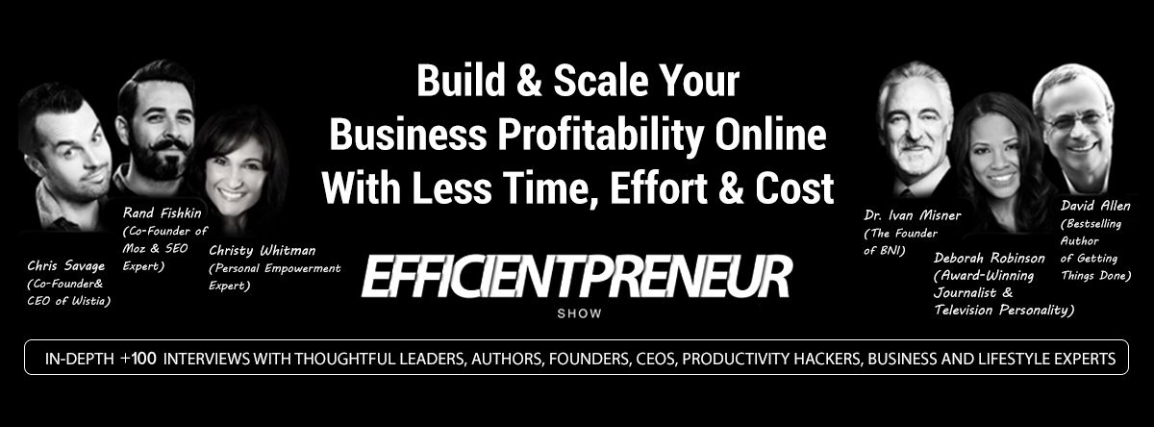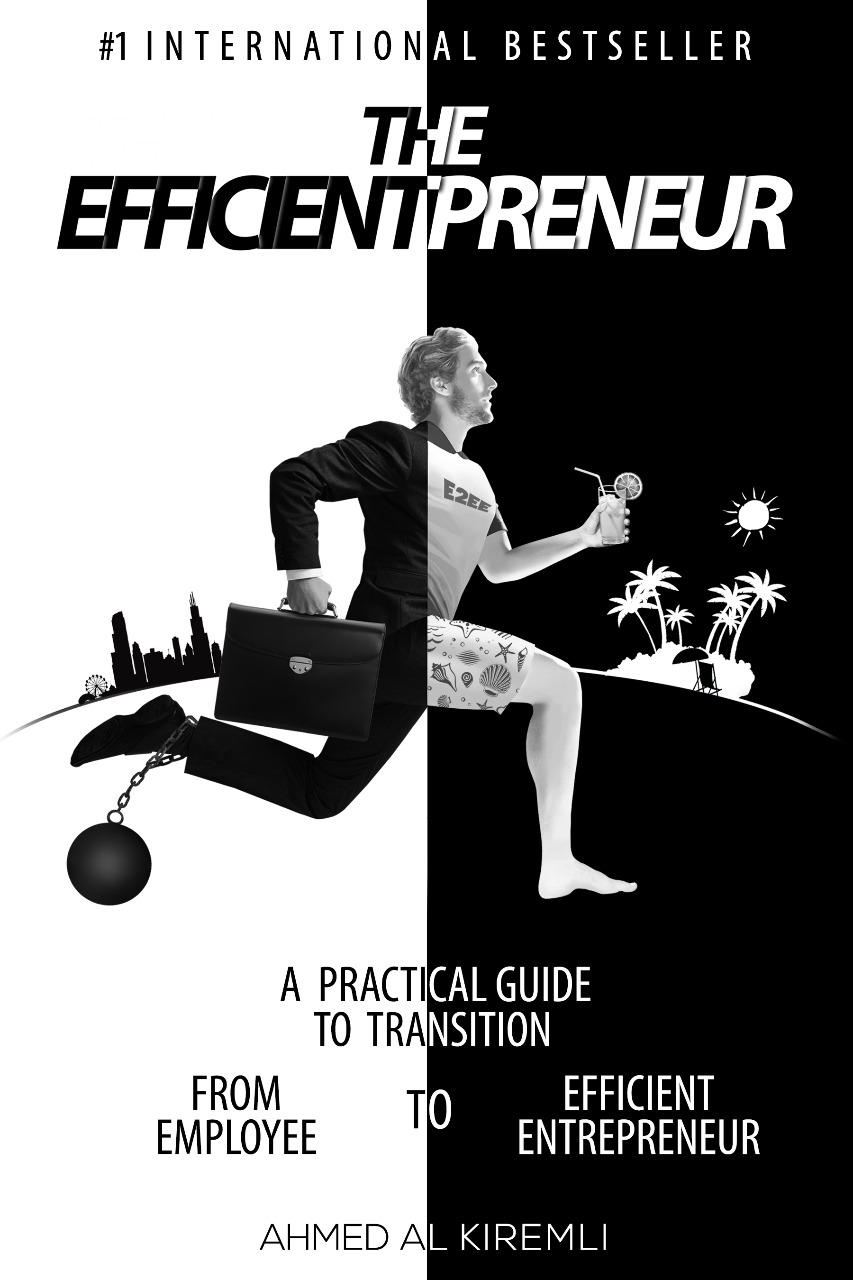Swatick Majumdar
(MANAGING DIRECTOR of DEV VC, he’s an Expert in VC Investments and Startups with focus on Technology and Entertainment)
How a VC Company Raises Capital for its Investments? What is the Usual Structure and Positions of a VC Company? MANAGING DIRECTOR vs. VENTURE PARTNER in a VC company?
How new Startups can Pitch Dev. to Raise Capital? How to Value Your Startup? What are the challenges to expand the VC and startup culture in the Middle East?
Video Interview
With English and Arabic Subtitle
Audio
Bio
Swatick Majumdar is a MANAGING DIRECTOR of DEV. Previously he was with Chatsworth Securities, a Greenwich, CT based boutique investment bank. At Chatsworth Mr. Majumdar focused his investment banking activities on the US-India corridor where he helped execute numerous successful financings in various sectors including Technology, Media and Telecommunications, Renewable Energy, Biotechnology and Medical Devices.
of DEV. Previously he was with Chatsworth Securities, a Greenwich, CT based boutique investment bank. At Chatsworth Mr. Majumdar focused his investment banking activities on the US-India corridor where he helped execute numerous successful financings in various sectors including Technology, Media and Telecommunications, Renewable Energy, Biotechnology and Medical Devices.
Mr. Majumdar has also held key positions at Janney Montgomery Scott, LLC and Josephthal & Co. He was also an entrepreneur and founder of Riverhead Sports Management, a hospitality and entertainment company. Swatick has been sought out as a speaker, a panelist and a moderator at industry events in the US, India and the United Arab Emirates.
Mr. Majumdar received his Masters Degree in Applied Economics from University of Lucknow, India and a Masters Degree in Computer and MANAGEMENT INFORMATION SYSTEMS from University of Central Texas (A&M Central Campus). He has been active as an advisor in the start-up evolution of companies and brings a wealth of global relationships, expertise and operating history to the team at DEV.
from University of Central Texas (A&M Central Campus). He has been active as an advisor in the start-up evolution of companies and brings a wealth of global relationships, expertise and operating history to the team at DEV.
Swatick is a trained volunteer at the American Red Cross and represents the Disaster Action Team (DAT) of Long Island. He also volunteers his time in India for causes related to children. Swatick is active in local politics and supports issues related to economy and education. He is an avid sportsman and was a Marshall at the Barclay’s PGA Golf tournament.
About DEV
DEV fuels the companies that transform media and entertainment. Our portfolio of investments and advisory clients span music, TV/film, games, publishing and social media.
DEV Fund
We INVEST seed stage capital in startups and early stage capital in companies that are on a roll. Here are some of the things we look for:
Your business should represent a transformative trend in media and entertainment, and the product you are selling should fill a genuine gap or need in the marketplace.
You should be able to validate your business concept and identify several natural exit opportunities.
Key developmental milestones should be achievable at low cost and your product should have the potential to reach significant scale.
Your management team should have prior operating experience and include thought leaders in their field.
You should have a strong presence in New York City and our team should be able to add value.
seed stage capital in startups and early stage capital in companies that are on a roll. Here are some of the things we look for:
Your business should represent a transformative trend in media and entertainment, and the product you are selling should fill a genuine gap or need in the marketplace.
You should be able to validate your business concept and identify several natural exit opportunities.
Key developmental milestones should be achievable at low cost and your product should have the potential to reach significant scale.
Your management team should have prior operating experience and include thought leaders in their field.
You should have a strong presence in New York City and our team should be able to add value.
DEV Advisors
We offer consulting and advisory services by a team with extensive experience in building companies and monetizing digital media. Our expertise includes:
Strategic business development.
Content licensing and rights negotiation.
Distribution strategy.
Strategic partnerships.
Introductions to key executives in media and entertainment.
Business plan and INVESTMENT presentation development.
Competitive analysis.
Vendor selection.
INVESTMENT
presentation development.
Competitive analysis.
Vendor selection.
INVESTMENT and fundraising strategy.
and fundraising strategy.
DEV Korea DEV has established a global profile with offices in New York and Seoul. DEV Korea, located in the heart of Seoul’s vibrant Gangnam district, brings the knowledge and experience to build a new venture ecosystem. Korea is on the cusp of an explosion in tech and new media startups and DEV Korea is uniquely positioned to provide the right blend of investment and guidance. DEV provides a platform for Korean ventures seeking US distribution and US startups that are ideal candidates to enter the Korean market. We are committed to helping local brands become strong global brands. The DEV Korea Discovery Fund is building an extensive portfolio of the most promising early stage Korean companies. Groups of ten companies are periodically selected to participate in an intensive acceleration program that is split between Seoul and New York City.
DEV Accelerator
The DEV Accelerator Fund is INVESTING in hundreds of early stage companies by working through established U.S. and global accelerator programs.
in hundreds of early stage companies by working through established U.S. and global accelerator programs.
Websites & Social Media Links
Interview Questions
- How did you start in the investment world and what’s your background?
- How a VC company raises capital for its investments?
- What is the usual structure and positions of a VC company?
- What’s the investment sentiment in the US today?
- MANAGING DIRECTOR vs. VENTURE PARTNER in a VC company?
- How the management fee for operating the fund and the carried interest on investments for a VC company works, in other words how a VC company MAKES MONEY
 ?
? - How DEV accelerator works and what makes it different from other accelerators?
- How much is the range of your investment per startup?
- Which kind of startups you are looking for?
- How new startups can pitch you?
- Do you still need full projections studies or you accept sometimes some realistic studies based on one page excel sheet file?
- How do you help the startups that you invest in or advice to exit?
- Based on what you value a new startup with no sales?
- How much would you value a company with $100000 sales per year and 20% profit? And with a 10% growth per year, in operations for 3 years?
- Form your experience; your successes were mainly related to the great idea of the startup or the entrepreneur?
- What are your most successful startups that you invested in and why you think they are very successful?
- Why you decided to open a branch in Korea specifically?
- Why currently you are thinking of expanding your presence to the Middle East?
- What are the challenges to expand the VC and startup culture in the Middle East?
- Do you think that the tech startup world is a bubble?
- What’s your advice for new entrepreneurs to be able to raise capital successfully?
- Tell us more about your other projects that you are currently working on or planning for the future?
- What’s your daily life and work routine looks like?
- What are your other hobbies?
- Who are your top 3 mentors?
- What’s the biggest failure moment in your life and what did you learn from it?
- What are the Top 3 apps that you use on your smart phone?
- What’s the best advice that you ever RECEIVED
 ?
? - If you have the chance, what would you say to advice your younger self?
- What are your top 3 favorite BOOKS
 ?
? - What makes you really happy?
- How people can contact you?


